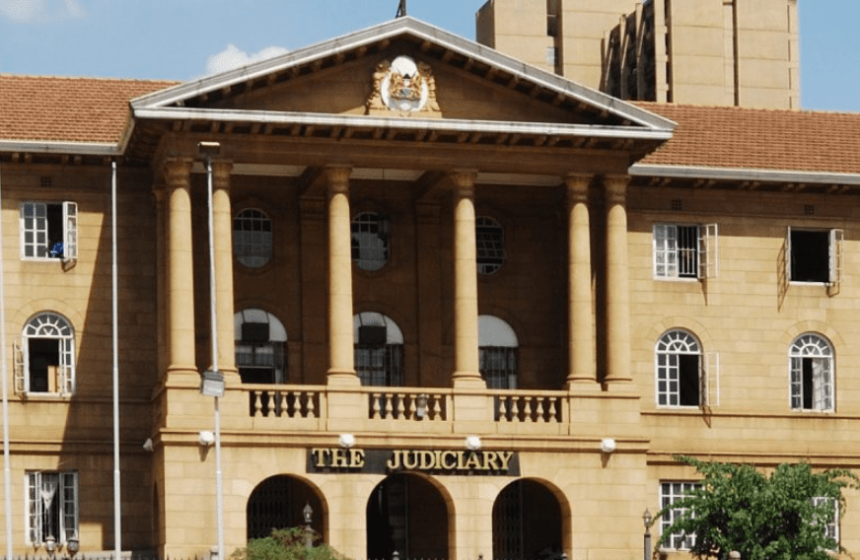In a startling move that signals deep institutional concern, the Judiciary of Kenya has commenced an institution-wide employee census today, Thursday, 30 October 2025, in what observers describe as a critical test of the sector’s integrity and accountability.
At a press briefing, Chief Justice Martha Koome announced the exercise, saying the data-gathering initiative is aimed at “strengthening human capital management, supporting staff rationalisation, and optimising resource allocation.”
Why the Census is Raising Alarm Bells.
The timing and scale of the census speak to mounting pressure on the Judiciary to address serious concerns over staffing records. According to the latest audit report from the Office of the Auditor‑General, the Judiciary reported a jump in staff numbers from 6,014 to 8,330 within a year, yet only 136 new contracts were documented — leaving some 2,180 documented posts without verifiable legitimacy.
Such a discrepancy has raised fears of “ghost workers” and inflated staffing figures — deeply problematic for an institution whose mandate hinges on public trust. The census is seen by insiders as a dramatic step towards rooting out this anomaly before it undermines judicial service delivery and transparency.
What the Exercise Will Cover.
According to the Chief Justice’s statement, the census will:Capture definitive, accurate and reliable human-resource data across all court stations and administrative units.
Align the staffing database with the broader reform blueprint known as the Social Transformation through Access to Justice (STAJ) framework, which emphasises equitable staffing and quality justice delivery. Ensure minimal disruption to court operations — the Judiciary has assured stakeholders that hearings and services will proceed uninterrupted.
Possible Implications and Stakes.
For the Judiciary, the stakes could not be higher. A successful, transparent census could:Bolster the institution’s promise of accountability, particularly following repeated audits and external reviews.Strengthen staff deployment and resource allocation, facilitating better access to justice for Kenyans, especially in underserved regions.
Serve as an example for other arms of government grappling with ghost-worker scandals and inflated payrolls.Conversely, failure to deliver or act on the findings may deepen public scepticism, reinforce perceptions of mismanagement, and erode confidence in the judiciary’s independence and efficacy.
What Comes After the Census.
The Judiciary has indicated that the data from the census will feed into:A rationalisation of human-resource systems, possibly involving retrenchments, re-deployments or restructuring of roles.
Enhanced human-resource governance mechanisms, including digital record-keeping and regular audits to prevent future data anomalies.
Alignment of staffing levels and functions with strategic service-delivery goals under the STAJ blueprint, such as case-backlog reduction and greater court accessibility.













Leave a Reply